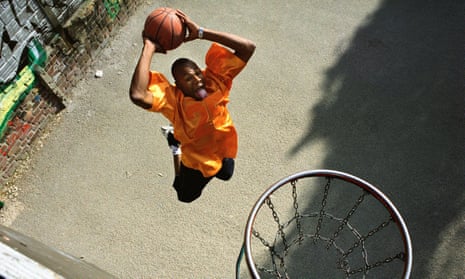Encouraging students to build awareness, understanding and control of their thought processes – also known as metacognition – has been identified by the Education Endowment Foundation (EEF) Toolkit as one of the most cost-effective ways to improve learning. It’s also thought to help boost performance in subjects such as maths, science and English.
It’s all about about getting students to think critically about their own learning. As the EEF explains, learners can be given “specific strategies to set goals and monitor and evaluate their own academic development … the intention is often to give pupils a repertoire of strategies to choose from during learning activities”.
To help pupils begin to think in this way, you can divide the process into three parts: before a task (effective planning), during (self-monitoring) and after (evaluation and reflection). Work on setting goalsHelp students understand the importance of preparation and an effective approach to setting goals. For good goal setting, you need to include a combination of both short-term and long-term goals, focus on developing skills (instead of just desired outcomes) and consider potential obstacles. If students know what challenges may come their way, they should be better equipped to overcome them when the time comes.
Encourage self-awareness
It’s hard to manage our emotions and thoughts if we aren’t aware of what we’re thinking and feeling. Self-awareness doesn’t always come easily for students because their brains are going through a range of changes during their teenage years.
Research shows, however, that self-awareness can be developed by encouraging students to keep a diary. Evidence also suggests that writing a diary can actually improve physical health and mental wellbeing. It can help students to spot any trends and patterns, making it easier to manage emotions and choose effective thought processes before they get stressed about more difficult tasks.
Prompt self-questioning
If a task can be divided into the three stages of before, during and after then it’s possible to help students improve their metacognition by getting them to ask themselves good questions at each stage.
Before a task, this includes questions such as “Is this similar to previous tasks I’ve done?” and “What should I do first?” During a task, questions such as “Am I on the right track?’ and “Who can I ask for help?” ensure students monitor their performance and make adjustments if necessary. Finally, after a task, students can reflect and learn on their experiences by asking “What went well?”, “What do I need to improve on?” and “What would I do differently next time?”
Model your thought processes
Being exposed to a range of different thought processes gives students a larger variety of potential thinking strategies. Try modelling or talking through your thoughts when going through questions in a past exam paper, for example.
Evidence suggests that this strategy is currently under-used, with one study finding that “in 170 hours of observation, only one instance of a teacher modelling her thinking about reading or writing was recorded, and this was unplanned”. The approach may be effective because it avoids any ambiguity and allows students to tap into your expert knowledge and experience.
Bradley Busch is a registered psychologist, director at InnerDrive and author of Release Your Inner Drive. Follow @Inner_Drive on Twitter.
Follow us on Twitter via @GuardianTeach, like us on Facebook, and join the Guardian Teacher Network for the latest articles direct to your inbox
Looking for a teaching job? Or perhaps you need to recruit school staff? Take a look at Guardian Jobs, the education specialist

Comments (…)
Sign in or create your Guardian account to join the discussion